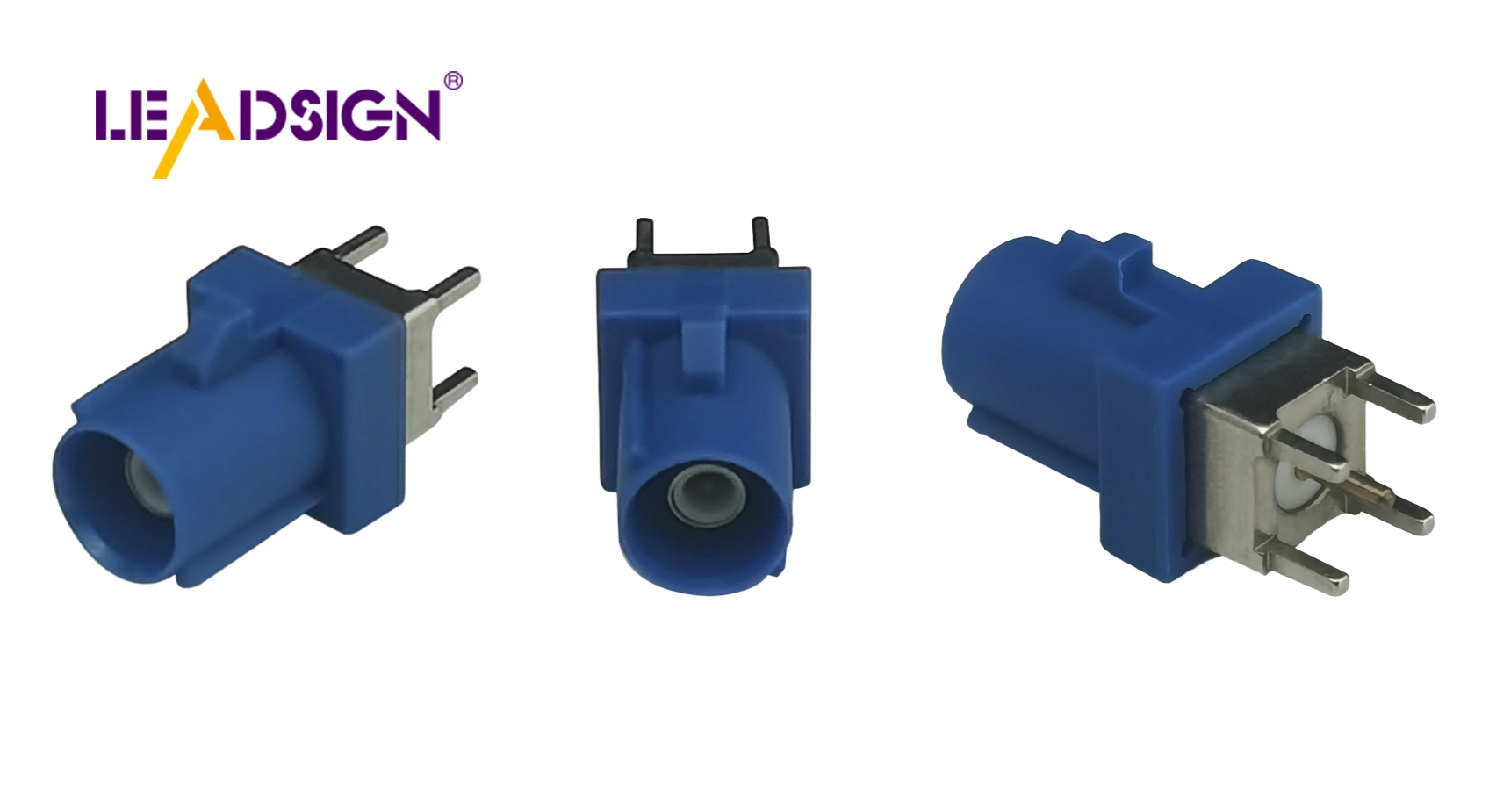Understanding Automotive Wiring Connector Types

Automotive electrical connectors are crucial for vehicles, ensuring components function properly by maintaining reliable electrical connections. In the automotive industry, connectors endure harsh conditions such as extreme temperature fluctuations, moisture, and corrosion, which can lead to connector problems and numerous electrical failures. Understanding the various automotive electrical connectors types is essential for selecting the appropriate one for each application, ensuring durability and optimal performance.
Basics of Car Wiring Connectors
What are Wiring Connectors?
Wiring connectors are important parts in cars. They connect wires so electricity can move between car parts. This helps power and signals flow smoothly, keeping car systems working. Without them, cars would often have electrical problems.
Why are they Important in Cars?
Cars need wiring connectors to work right. They link electrical parts so each gets power and signals it needs. This connection is key for the car's performance, safety, and life span. Picking the right connectors makes cars more reliable and cuts down on electrical troubles.
Common Materials Used
Metal Connectors
Metal connectors are used in tough jobs like building and farming. They are strong and last long, good for rough use. Metals like brass with nickel or chrome last a long time. Aluminum is lighter but still strong.
Plastic Connectors
Plastic connectors are light but strong too. They're used a lot in cars because they handle tough conditions well. Plastic doesn't rust or wear out easily, making it a good choice for many car systems. Plus, plastic ones can be cheaper than metal ones while still working well.
Types of Car Electrical Connectors
Knowing car electrical connectors is key for good car work. Each connector type has special jobs and pros and cons.
Blade Connectors
What They Are and Where Used
Blade connectors, or spade terminals, are flat metal pieces. They fit into slots. They're used in cars to link wires to parts like switches. Their design makes them easy to connect and disconnect often.
Good and Bad Points
Blade connectors have many good points. They're secure, easy to put on and take off. But they might not stay tight in shaky places. They need exact placement to fit right.
Pin Connectors
What They Are and Where Used
Pin connectors have a pin that fits into a socket. This makes a strong link. They're used in cars for sensors and controls. The pin-socket setup keeps the connection steady even if things move or shake.
Good and Bad Points
Pin connectors are very reliable with great electricity flow. They're good against shaking and handle different power levels well. But they're harder to put together than other types, needing careful fitting.
Butt Connectors
What They Are and Where Used
Butt connectors are tube-shaped links joining two wire ends together. In cars, they're used to make wires longer or fix them. Their shape helps keep electricity flowing smoothly without breaks.
Good and Bad Points
Butt connectors join wires simply and strongly. They're tough against wetness or rusting but need crimping tools to put on, which can be tricky. Wrong crimping can cause weak links or electric issues.
Picking the Right Connector
Choosing the right connector for cars needs careful thought. This helps car parts work well and safely.
Things to Think About
Weather Conditions
Car connectors must handle tough weather. Hot temperatures can make them wear out faster. Temperature changes can cause parts to expand and shrink, leading to damage. Pick connectors that can resist these issues. Sealed ones keep water and bad air out, so they are good for hard conditions.
Power Needs
The power needs of the car matter when picking connectors. They must handle the right amount of electricity for their job. High-power connectors are needed for electric cars to keep connections safe. Knowing how much power is needed helps pick the best connector.
Mistakes Not to Make
Forgetting Compatibility
A common mistake is not checking if connectors fit with car systems. Wrong ones can cause bad links and problems. Make sure they match what the system needs to avoid trouble.
Ignoring Quality Rules
Ignoring quality rules can lead to weak links. Car connectors should meet strong rules for lasting use. Picking ones that follow rules like RoHS keeps them safe in cars. Choosing quality over price keeps car systems working well.
By thinking about these things and avoiding mistakes, you can pick the best connector for a safer, better-working car system.
Choosing the right car wiring connector is very important. It helps cars work well and stay safe. Good connectors let power and signals move smoothly. This keeps the car running without problems for a long time. Think about weather and pin numbers when picking connectors. This helps keep the car's wires working in the future. Careful choices stop expensive fixes and make sure new tech works right. Picking good connectors makes cars last longer and work better, making everyone happy.
See Also
Exploring HSD Connectors in Automotive Technology
Significance of Fakra Connectors in Contemporary Cars
Navigating Ford's Fakra Connector System

